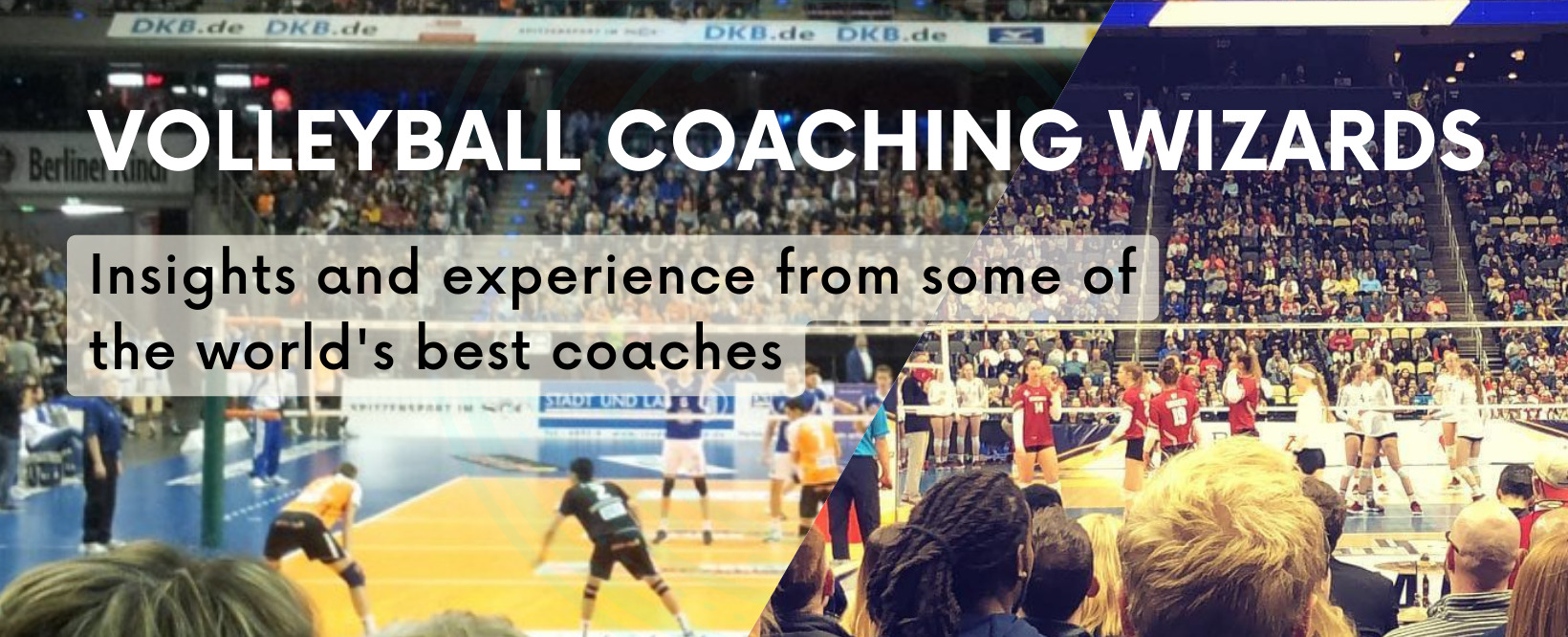Keeping players who are not in the starting team happy, or at least not causing problems in the team dynamic, is a key factor in coaching success. In this excerpt from his Volleyball Coaching Wizards interview, Paulo Cunha talks about how he manages the psychology of non-starters and how he deals with professional players who find themselves watching things from the bench.
From 1987 to 2007 Paulo was a coaching education lecturer and course director for the Portuguese Volleyball Association and Portuguese Volleyball Federation. He coached his nation’s Junior National Team from 1986-1992. His club teams in Portugal’s 1st Division won 8 national titles, 7 Portuguese Cups, and 6 Super Cups. Paulo’s coached in 12 European Cups and in 1998 became the first Portuguese coach to reach a European cup final four. Three times he was awarded Coach of the Year by the Portuguese Association of Volleyball Coaches.
